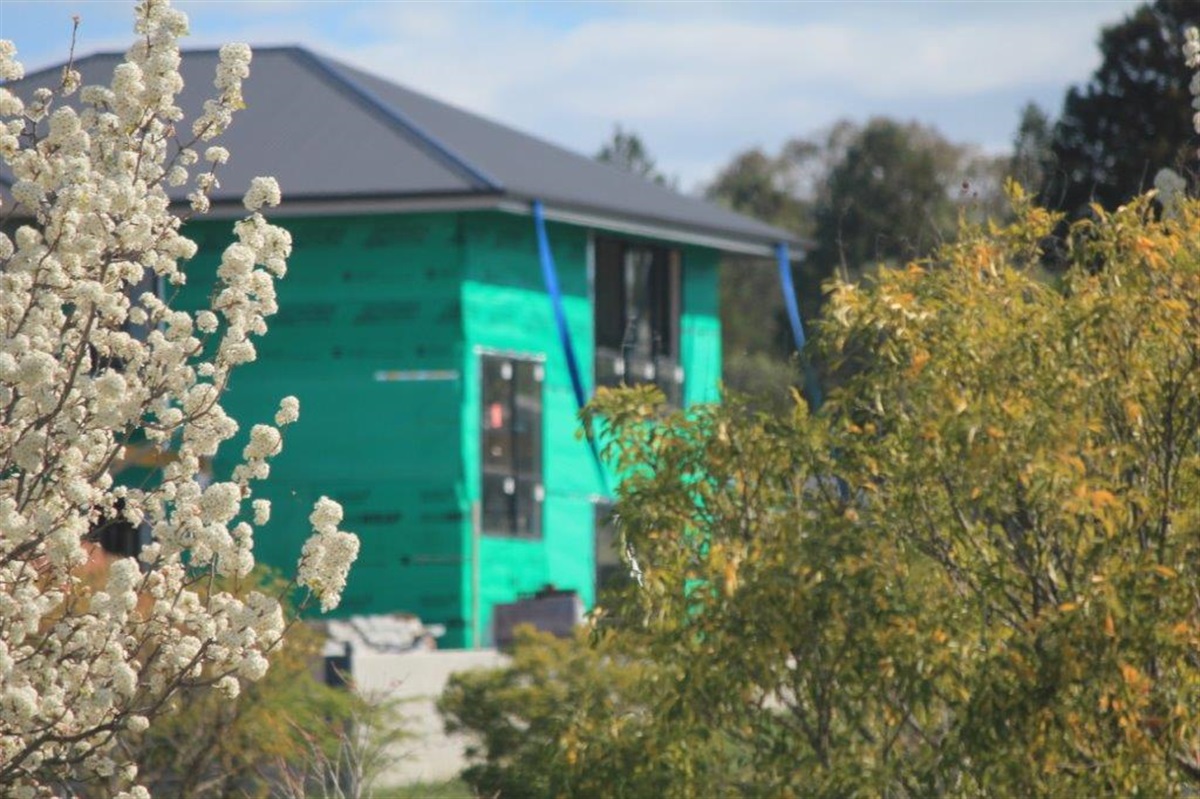There is a wealth of health information available for parents with young children in Queensland.
But how much of the information is getting where it needs to go?
And – perhaps more importantly – how are parents making sure the health information they’re accessing is factual?
To gather these answers, University of Southern Queensland (UniSQ) PhD student within the School of Psychology and Wellbeing, Catherine McCosker, asked the question: Where, and how, are parents with young children accessing their health information?
Ms McCosker said this question was important to answer because it would determine how health professionals could improve their communications.
“If we know where people get their information from, the health information can be tailored for the whole community – including the marginalised people and families within our communities,” Ms McCosker said.
“If people could access quality information in a manner that was easy for them to interpret, then we could start making some inroads into improving health outcomes for our kids – especially in regional Queensland,” she said.
Ms McCosker, who is a mother and a health care professional herself, said the influx of information available online and on social media had made it more difficult for families to determine between health fact or fiction.
“Accessing quality, appropriate, health information is vital for the health of families, but this can be quite tricky to navigate with loads of dodgy information available on the internet,” Ms McCosker said.
“The equal push for misinformation that came out during Covid has made things more difficult again,” she said.
Ms McCosker said she encouraged any parents in the Darling Downs area with children under five years old to participate in her survey, which she hoped would ultimately help improve health outcomes for children and families across regional Queensland.
The University’s School of Psychology and Wellbeing Associate Professor Gavin Beccaria said he was optimistic that Ms McCosker’s research would go on to have a real-world influence because the University already had an excellent track record in this area.
“Conducting research as an academic at our University is a privilege; it is a privilege to be able to make a difference to the real world,” Associate Professor Beccaria said.
“Whether it be how to best provide services for rural communities, how to best provide mental health assessment to First Nation Australians, or even how workplaces can minimise the risk of violence amongst health workers, I have conducted research, or my doctoral students have conducted research, that has answered some of these questions,” he said.
“This research has gone on to be cited both nationally and internationally, and in places, even made differences to practices in the real world.”
Learn more about Ms McCosker’s research and participate in the survey or discover more about research from the University’s School of Psychology and Wellbeing.






